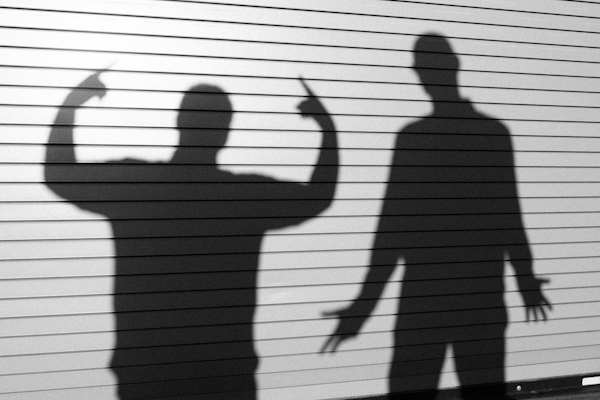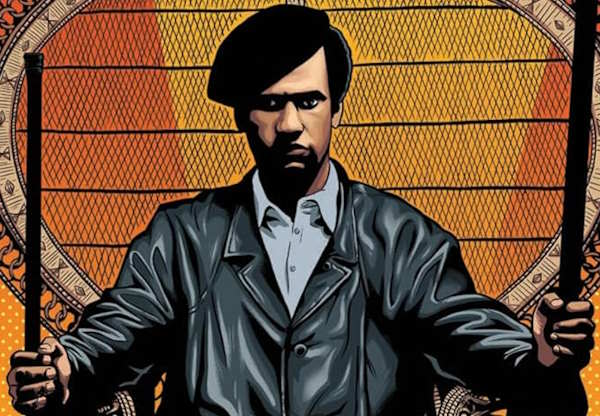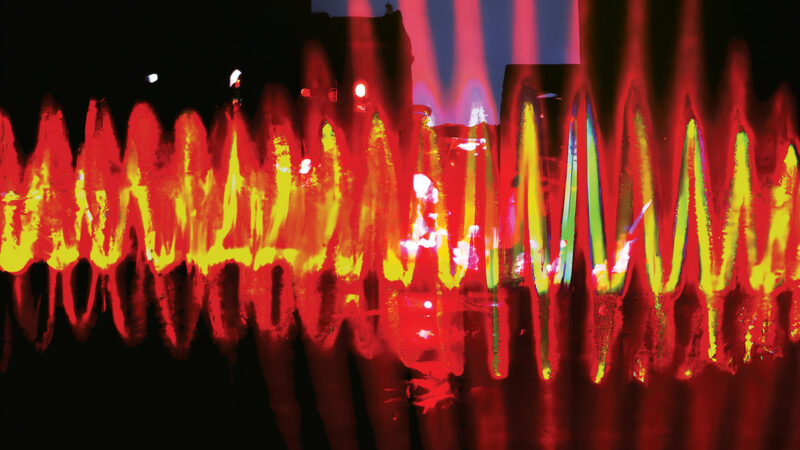Last Sunday marked the 20th anniversary of the Los Angeles Riots. This December marks the 20th anniversary of Dr. Dre’s classic compilation album The Chronic. The latter was created largely in reaction to the former. That fact is lost upon Hip-Hop’s salty old school contingent and revisionist historians. They saw, and to a large extent still see, that album as signifying the end of Black Consciousness in Hip-Hop. After all, it took Gangsta music mainstream, didn’t it? In reality, The Chronic didn’t facilitate the transition from one period to the next, it merely dramatized it. Mark Ford’s excellent documentary Uprising: Hip-Hop and The L.A. Riots keenly points that out.Amazingly,The Chronic also unintentionally reflects the sentiments of the fading movement that it meant to usher out. Ford’s observation prompted me to put the album under a microscope, and focus on some of its forgotten qualities.
A running theme throughout The Chronic is the ongoing civil war between Black Consciousness and Black gangsterism. Obviously, The Chronic favors the latter, or at least that’s how it appears on the surface. Look a bit closer, and it seems that Dre and company feel a good deal more conflicted about such matters than they let on. The theme initially pops up on “Let Me Ride”:
Just another motherfuckin day for Dre so I begin like this/No medallions, dreadlocks, or black fists it’s just/that gangster glare, with gangster raps/that gangster shit, that makes the gang of snaps, uhh
Four songs in, well after such standards as “Fuck Wit Dre Day,” the album changes gears (to a point).The intro to “The Day the Niggaz Took Over” may seem woefully out of place on this album to those who lack historical perspective. It was lifted from Matthew McDaniel’s documentary Birth of a Nation 4x29x92:
(I’ma say this and I’ma end mine/If you ain’t down, for the Africans here/in the United States, period point blank./If you ain’t down for the ones that suffered in South Africa/from apartheid and shit/Devil you need to step your punk ass to the side/and let us brothers, and us Africans, step in/and start puttin some FOOT, in that ass!!)
It soon becomes clear what the song is actually about: The L.A. Riots. The song is just as violent as anything else on the album, but in this case, the violence seems more focused and purposeful. Dre’s verse shows that these guys weren’t just talking about looting for the sake of looting:
Laugh now but cry much later/Ya see when niggaz get together/they get mad cause they can’t fade us/Like my niggaz from South Central, Los Angeles/They found that they couldn’t handle us/Bloods, Crips on the same squad/with the Ese’s help nigga it’s time to rob and mob/(And break the white man off somthin lovely, biddy-bye-bye/I don’t love dem so dem can’t love me)
The inclusion of this song wasn’t a surprise to anyone with half a brain. How could the riots not have had a profound impact on these guys? They all lived a stone’s throw from ground zero, and contemplated joining in. That energy was channeled into their work in the studio.
It’s easy to forget that when The Chronic was first released, people still bought cassette tapes. The first side of The Chronic ended on a strikingly somber note with the melancholy “Lil’ Ghetto Boy.” Like “The Day the Niggaz Took Over,” it too starts off with a bit of dialogue from Birth of a Nation 4x29x92:
So, all of you Africans/All of you Africans that wanna do thangs/that’s workin for other people/Y’all need to open your own business/Save your money, quit payin motherfuckers with jheri curls/Quit payin motherfuckers with perms/Save your money, start your own business/and you true Africans, will have put hundreds to work/This is our future right here, this out future right here/{*applause*}/(This some shit! The new generation is on! The new generation!)/Hey, I’ma tell you right now../If if if I have to die today, for this little African right here/to have a future I’m a dead motherfucker
 The song uses portions of Gil Scott Heron’s “The Get Out of the Ghetto Blues.” While death and destruction are celebrated elsewhere on the album, “Lil’ Ghetto Boy” takes a mournful look at the life of a G. It consists of two verses which paint heart wrenching pictures worthy of Tupac’s very best. On the first, an imprisoned Snoop has a moment of clarity as a violent prison riot rages around him. On the second, an OG pays the ultimate price for trying to jack a youngster.
The song uses portions of Gil Scott Heron’s “The Get Out of the Ghetto Blues.” While death and destruction are celebrated elsewhere on the album, “Lil’ Ghetto Boy” takes a mournful look at the life of a G. It consists of two verses which paint heart wrenching pictures worthy of Tupac’s very best. On the first, an imprisoned Snoop has a moment of clarity as a violent prison riot rages around him. On the second, an OG pays the ultimate price for trying to jack a youngster.
“Rat-a-Tat-Tat” reiterates the inner conflict at the heart of the album. To do so, it uses a bit of dialogue from The Mack, which dealt with similar issues:
Hey man, don’t you know/in order for us to make this thing work/we gotta get rid of the pimps, and the pushers, and then start/all over again clean/NIGGA is you crazy?
Of course, none of what I mentioned in this article negates the debauchery and nihilism celebrated elsewhere on The Chronic. But it doesn’t change the fact that the album in question might be a bit more thematically complex than its given credit for. After the catharsis of the riots, many people wanted an escape. The revolution was televised and then postponed, but one can hardly blame Dre and company for that. They did their jobs, and manage to capture the mood of the times. There was an explosion of rage followed by a period of calm, revelry, and indulgence. The Chronic bounds effortlessly between all those states of being. The dictionary describes being conscious as an awareness “of one’s own existence, sensations, thoughts, surroundings, etc.” It seems that The Chronic was exactly that. It also changed the face of Black music in the process. It was deceptively revolutionary, but undeniably gangsta.
Follow Malice Intended on Twitter @ http://twitter.com/renaissance1977
Follow Us on Twitter @ http://twitter.com/planetill
Join Us on the Planet Ill Facebook Group for more discussion
Follow us on Networked Blog






